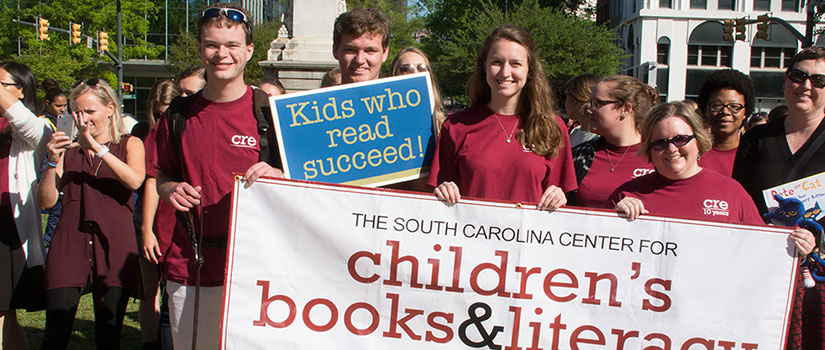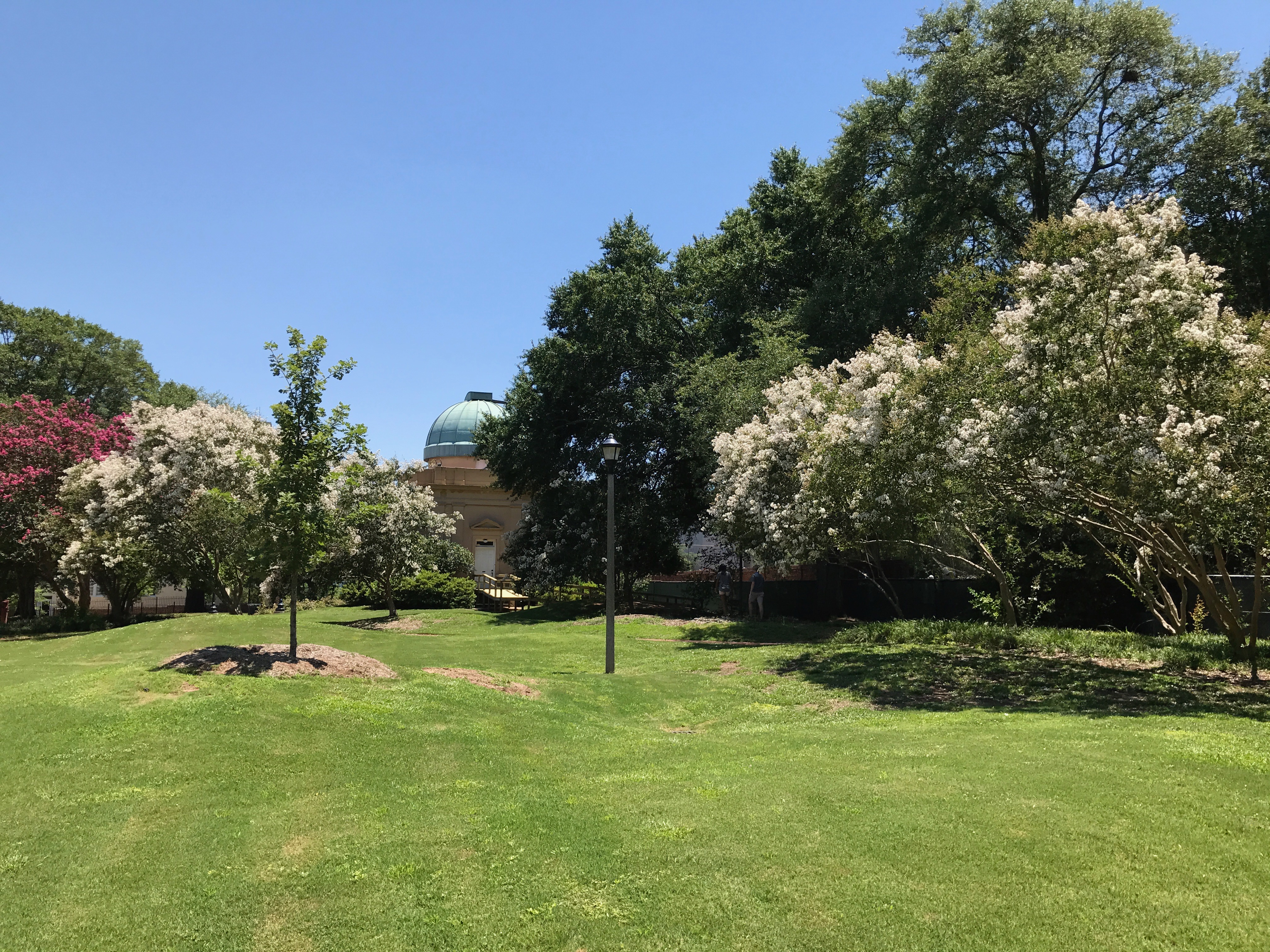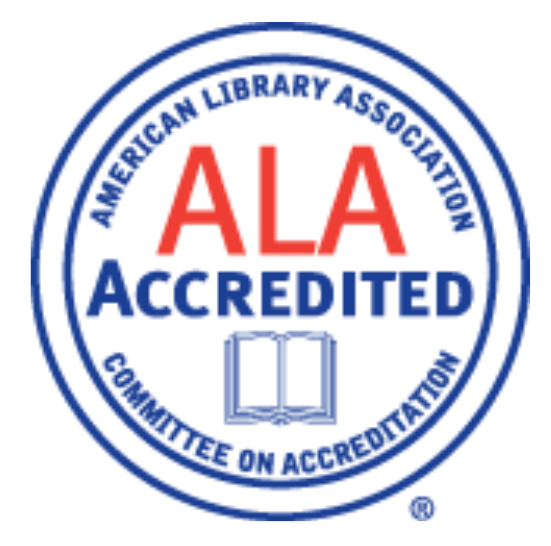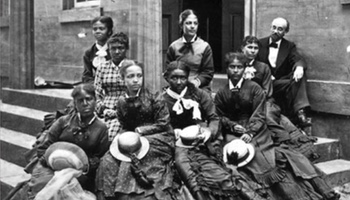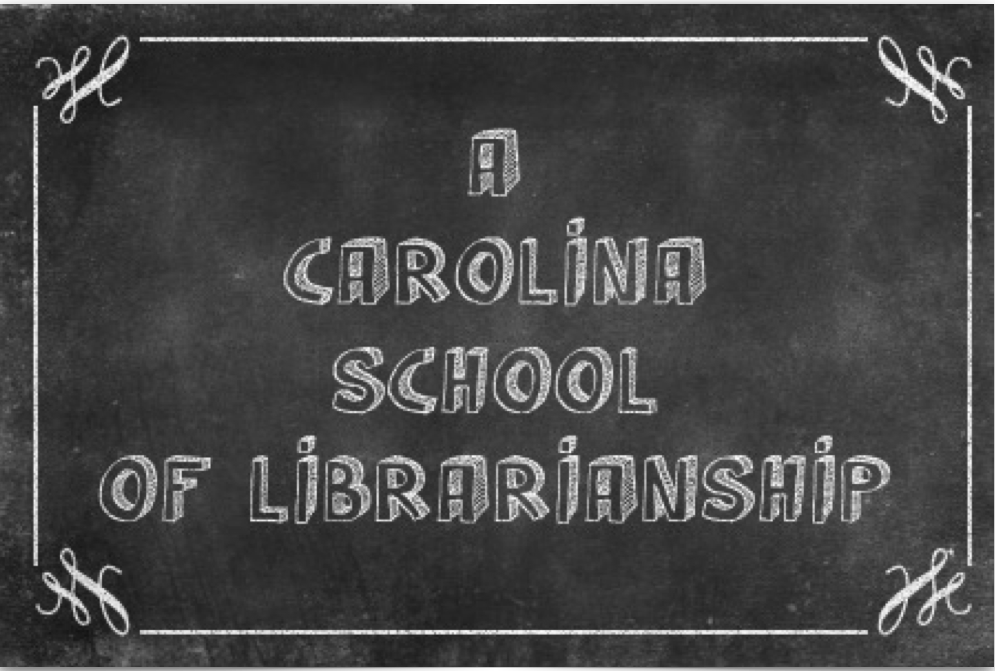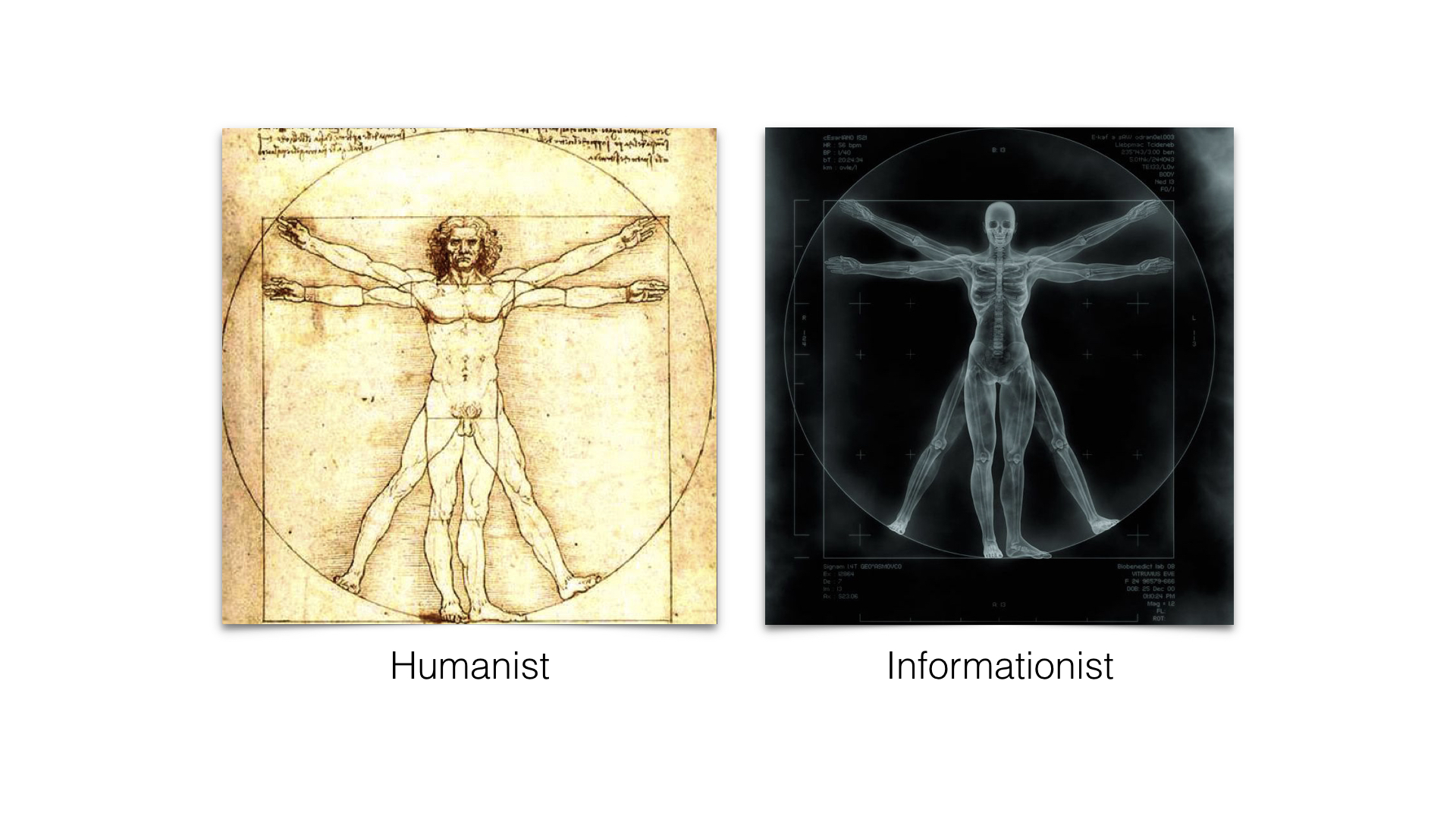[Originally posted to Facebook]
Ok I’m feeling preachy.
Repeat after “me access does not equal impact or knowledge or improvement”…Unless you are also talking about access to education, economic opportunity, good schools, good nutrition, transportation, and resources.
Yes libraries are part of a whole network where we meet Maslow’s needs, but we can’t simply assume all these needs are met. We must be part of a proactive system that seeks to ensure them. We are not simply doing collection development with books and databases, but with schools, faith communities, philanthropies, social services, government. We must seek to connect the vast and diverse players toward equitable access across our communities.
School librarians working with teachers, and nurses, and counselors is access.
Academic librarians working with student services, career services, teaching centers, and crisis centers is access.
Public librarians working with homeless shelters, prisons, and churches is access.
Medical librarians working with patients, doctors, care givers is access.
Librarians working across library type to ensure a student transitions to undergraduate to worker is access.
Here ends the



